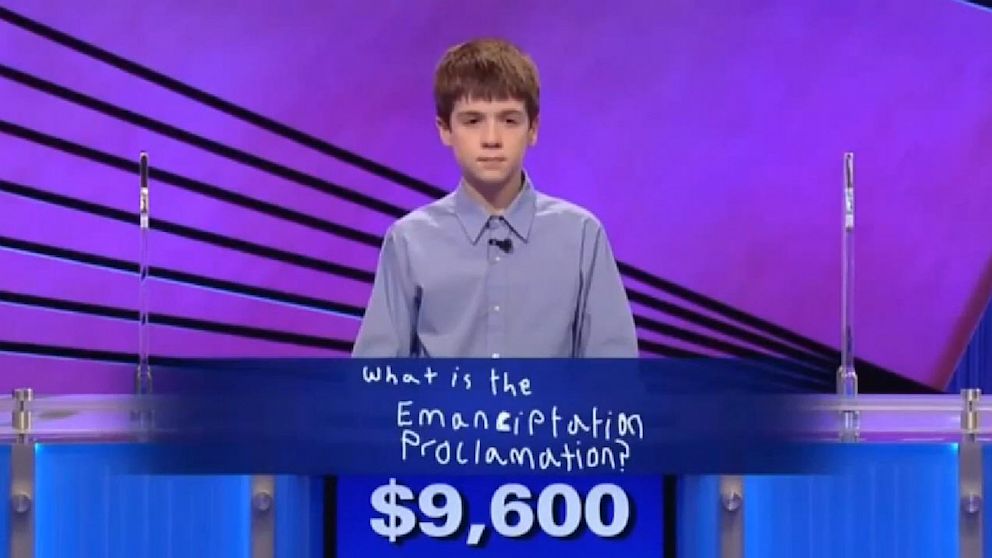As Mary and I first addressed in When T-Shirts Unite, the need to belong is a powerful tool that we, as educators often neglect to recognize. There is more than strength in numbers. There is conversation. There is conversion. There is growth. There is human connection; there is fun!
For me, a reading is most enjoyable when I am able to share the book - and my plentiful opinions - with anyone who will listen. My mom and I always swap books and it's usually accompanied by, "You have to read this. Let me know when you're done."
 |
| "...and then she discovers Christian's Red Room." |
There's something so delightful about sitting around a table discussing a book...and having smarter people explain the stuff you didn't "get." Plus, knowing that other people are counting on you is just the motivation you need to finish that horrendous novel. Yes, even crazy reading ladies are allowed to hate books.
We read two books together this summer (which, by the way, is the minimum for our students). Our discussions were largely unstructured, but we each came with our own notes and comments, interpretations and opinions, and we easily filled two to three hours. It was wonderful and incredibly enjoyable. Conversation, conversion, and amazing food were abundant. The discussion of our first (fantastic) book brought me from appreciation to absolute awe, and that of our second (not so fantastic) salvaged my opinion from frustration on the brink of insanity all the way to tolerance. Maybe.
We've already decided we will definitely read another book, but with the school year starting today (cue confetti), we decided to hold off on scheduling a meeting date. Perhaps the first snow day would be convenient.
Mary:
It's hard for me to put into words just how much I appreciated our summer book club. I think one of the things that I most enjoyed was the unanticipated pleasure. I'm sure that sounds ridiculous; I'm an English teacher, and I lead hundreds of kids in book clubs. Seriously, shouldn't I have expected it to be fun? I guess I don't know what I expected, but I was really and truly blindsided by how much I enjoyed the community aspect of reading.
 Unlike Erin, I don't tend to read with other folks. I may swap books with my sister or neighbors, but we don't really talk about them afterwards beyond the obligatory "Wasn't it, like, SO GOOD?!" I do most of my reading on my own. If I read an article I think would interest another person, I forward it along, but that's pretty much the extent of my collaborative reading. In my life, I don't generally read a book with peers with the goal of sitting and sharing ideas, processing symbolism, questioning author's purpose, and enhancing my understanding and enjoyment of complicated text. Nope...that's not for me! It's just the stuff I save for my 13 year old students. *headdesk*
Unlike Erin, I don't tend to read with other folks. I may swap books with my sister or neighbors, but we don't really talk about them afterwards beyond the obligatory "Wasn't it, like, SO GOOD?!" I do most of my reading on my own. If I read an article I think would interest another person, I forward it along, but that's pretty much the extent of my collaborative reading. In my life, I don't generally read a book with peers with the goal of sitting and sharing ideas, processing symbolism, questioning author's purpose, and enhancing my understanding and enjoyment of complicated text. Nope...that's not for me! It's just the stuff I save for my 13 year old students. *headdesk*Participating in this book group was eye opening. The first book, The Ocean at the End of the Lane by Neil Gaiman, I loved. Midway through the book I began noticing what I thought was nontraditional allegory, but wasn't entirely sure I was "right." Like the good dork that I am, I began marking quotations so I could support my argument, but I wasn't sure I was willing to put my ideas out to the group. Would they think I was nuts? Luckily, another reader made similar connections, and thus it felt safe for me to share my female holy trinity theory. Strength in numbers!
As much as I enjoyed that first meeting, I enjoyed the discussion of our second book, The Incredible Lives of Greta Wells by Andrew Sean Greer, more. And it was because I didn't like the book. Really. At all. I forced myself to finish it because I made a commitment to the group, but it was a struggle. The conversation began with someone posing the question, "What did you think of Dr. Cerletti?" and I realized I hadn't thought of him at all. The conversation progressed into other topics that I either missed or chose to ignore. It was a very, very valuable experience for me to spend time dissecting a text I didn't like. I can't say our conversation made me a fan of the novel, but I certainly like it more now that I did after reading it alone.
As a teacher, how can I not reflect on these experiences? I send my kids home to read and take notes on an almost nightly basis. How many of them really dislike what they are being forced to read? How many worry about being "right?" How many class periods go by when I, the-all-powerful-teacher, never mention the cool thing a student happened to notice whilst reading? If I make my role smaller and their role larger, would they feel safer and more willing to share? Would they lead each other to a deeper understanding of and greater appreciation for their reading? I certainly hope so.
.JPG) |
| The Ocean at the End of the Lane by Neil Gaiman |
Mary @mzcotillo
Erin @allinoleary









.JPG)





